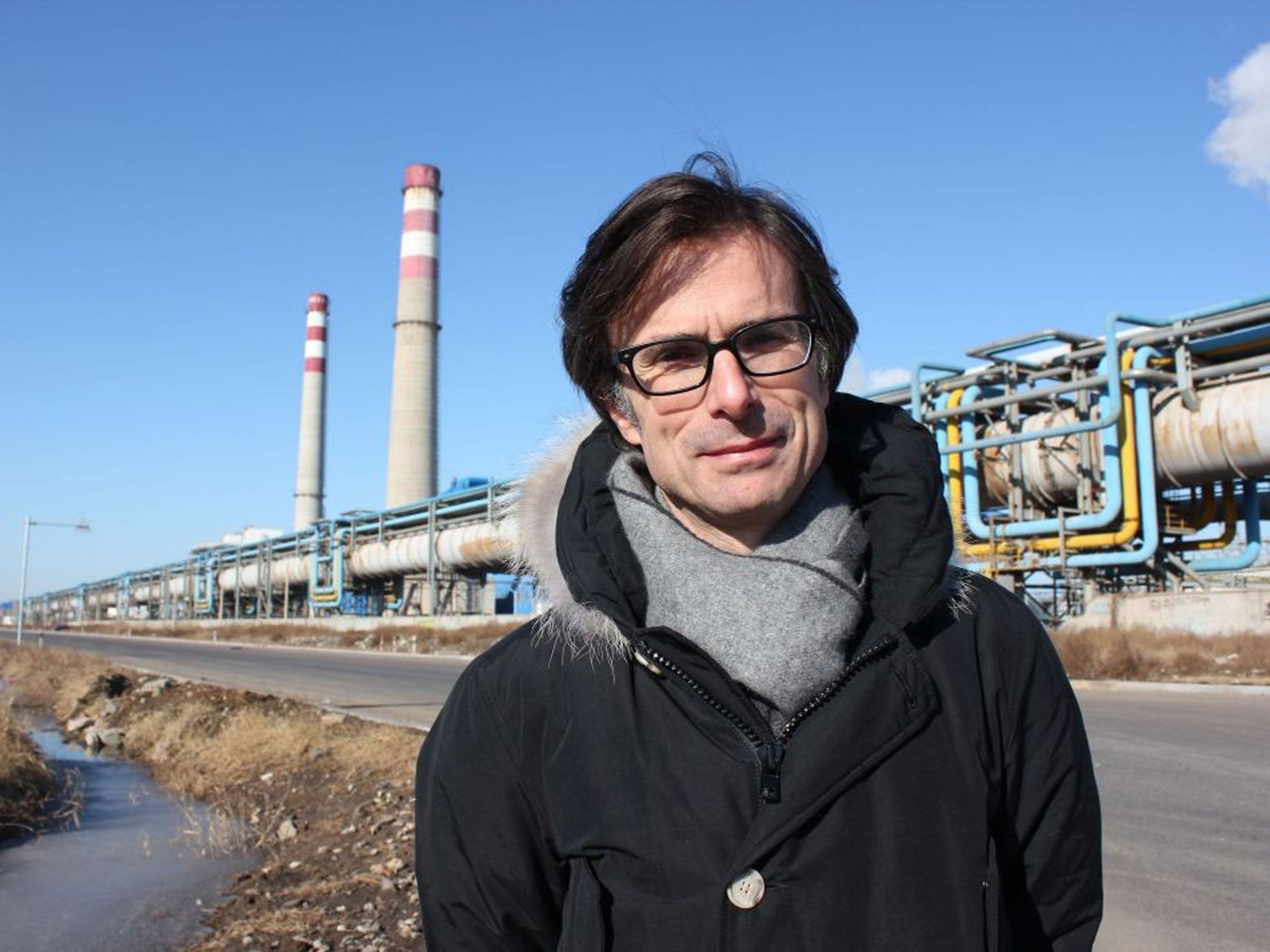The Great Chinese Crash? TV review: Robert Peston delivers engaging, inimitable analysis in his BBC swansong
In his last run-out for the BBC, Robert Peston travelled to China and the more familiar surroundings of the Square Mile to examine the dragon economy's recent hiccough

Your support helps us to tell the story
From reproductive rights to climate change to Big Tech, The Independent is on the ground when the story is developing. Whether it's investigating the financials of Elon Musk's pro-Trump PAC or producing our latest documentary, 'The A Word', which shines a light on the American women fighting for reproductive rights, we know how important it is to parse out the facts from the messaging.
At such a critical moment in US history, we need reporters on the ground. Your donation allows us to keep sending journalists to speak to both sides of the story.
The Independent is trusted by Americans across the entire political spectrum. And unlike many other quality news outlets, we choose not to lock Americans out of our reporting and analysis with paywalls. We believe quality journalism should be available to everyone, paid for by those who can afford it.
Your support makes all the difference.When broadcasters make big-money signings there is that awkward overlap when the player's pre-recorded work has still be to be shown. It would be like Ronaldo occasionally turning out at Old Trafford in the months after his move to Madrid. Sort of. In this case it was the last run-out for Robert Peston on the BBC following the economic man's lucrative move to ITV.
In a 30-minute unwitting swansong he travelled to China and the more familiar surroundings of the Square Mile to examine the dragon economy's recent hiccough. His always engaging, inimitable analysis came as Britain forges ever closer economic ties with Beijing. Is it, as Peston asked in The Great Chinese Crash? "good business or mad, bad and dangerous to our prosperity?"
To answer both questions, he travelled north of Beijing to Yingkou, one of dozens of cities built from nothing in the boom years on borrowed money and now unfinished or empty. His own hotel was deserted and the lights had gone out. Yet despite the shuttered foundries and ranks of unemployed, the city boasted of growth of three per cent. "To be frank," Peston said, "that's inconceivable."
More depressing than the growing debt and stock market volatility still rippling beyond China were the stark predictions that any fix would require even more destabilising social and political upheaval – and big trouble here while we cosy up to Beijing. "If China becomes more connected to us before stabilising its economy, its bust will be our bust," he warned. A good time, perhaps, for us all to find better-paid jobs.
Join our commenting forum
Join thought-provoking conversations, follow other Independent readers and see their replies
Comments